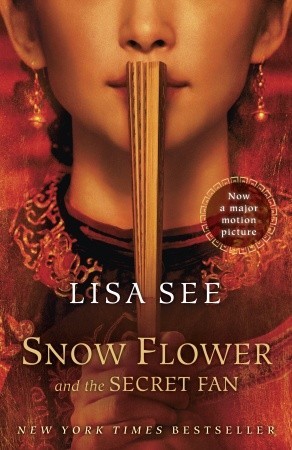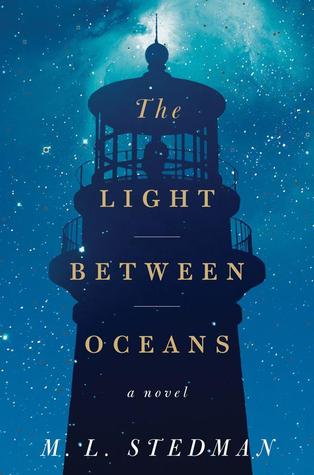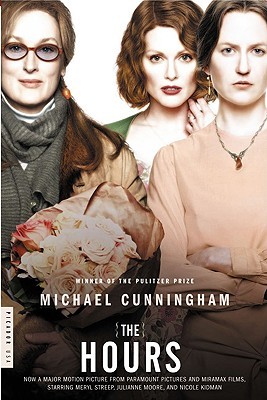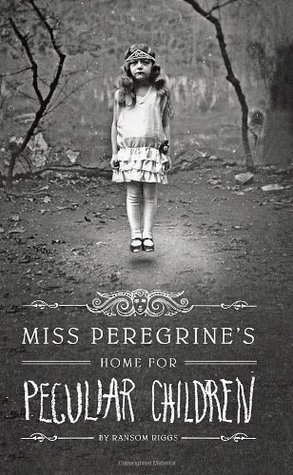The Best Laid Plans is the first novel written by Engineer/PR firm President Terry Fallis. As the author couldn't find a publisher, he released this book chapter by chapter via podcast, found an audience, eventually won the Stephen Leacock Award for Humour, and it was named the 2011 Canada Reads title. That's a lot to recommend this book -- it's funny, set behind the scenes in Ottawa, and everyone in Canada should be reading it (according to our cultural overlords at the CBC) -- but this seems like the kind of book a reader will either love or hate. And I didn't love it.
There's a long stretch in the Prologue that uses Parliamentary double-entendres to describe the narrator's horror at discovering his girlfriend and her politician boss getting it on in his Centre Block office. This part was truly clever and funny and I thought I'd be in for a fun ride (and I was delighted by just how wonderfully Canadian it all was), but nearly immediately, the funny dried up -- unless one finds (numerous) fart jokes to be the zenith of humour:
An Oppenheimer blast of flatulence literally blew me out of my poetic reverie. Just as no two snowflakes were identical, each McLintock fart, among millions, was unique.Most of the characters (with the exception of the interesting Angus McLintock) are one-dimensional, don't speak or act like real people, and have unclear motivations (and, no, I don't forgive a stupid scene with a blusteringly evil American businessman because the narrator thinks, "This guy was nothing but a caricature"). As an English professor, the narrator has some of the most stilted thoughts ever (and the following is him falling in love with a conveniently gorgeous, smart, and available young woman who happens to agree with him that a Triple-E Senate would be a bad idea):
I didn't really care what we talked about, but our discussion seemed to migrate to semiserious subjects that required the coordinated firing of synapses in the brain to sustain the kind of positive impression for which I was aiming.And if one English professor's thoughts are annoying, imagine the fun when two get together and start talking:
"Not there are none. There is none. None literally means not one, so the verb is singular. A common mistake."And he's not kidding about forever correcting grammatical errors -- both of these characters do it constantly throughout the book, which is just as annoying as hanging out with people who do it in real life. Oh Professor McLintock, you say that "to boldly go" is one of the most famous split infinitives in modern culture? How faaaaascinating. Happily, I enjoyed some schadenfreude at this: I had picked up a used copy of The Best Laid Plans and the reader before me had circled and crossed out and amended the spelling/grammar/usage errors that had slipped past the publisher (and while I did snicker at each pen mark, this really does underscore how rushed to market this book was once it began to gain an audience -- editing couldn't have hurt).
With that, he winked, turned, and disappeared into the chamber. I hustled up the white stone stairs to the Members' gallery, flaying myself for a grammar error I was forever correcting in others.
I did love how unabashedly Canadian The Best Laid Plans is and wish more fiction was set in the halls of Parliament -- if nothing else, this book proves that people are interested in the subject -- and while I can appreciate that a narrator who works for the Liberal Party is going to have some partisan ideas, an author risks turning off half his potential readership with comments like these:
Historically, Tory Throne Speeches and budgets have rewarded the rich by cutting taxes, liberated big business by eviscerating regulatory oversight, despoiled the environment by gutting legislated standards and enforcement, and shredded the social contract with those living in poverty. At least that's my detached and disinterested analysis.And just factually this book had me scratching my head: characters keep referring to the federal Tories as the "Progressive Conservative Party" (which ceased to be an entity with a 2003 merger); my sister-in-law, who is from the book's setting of Cumberland, confirmed that there is no campus of the University of Ottawa in her hometown (and the town isn't situated quite where the author puts it); and most unforgivably, I couldn't believe the downfall of the beloved Finance Minister -- after having more than one character say there's something fishy about him (which, with a Finance Minister, I assumed meant skimming and kickbacks at a Senatorial level), am I supposed to believe that he was brought down by a sex scandal? That a very powerful, unmarried, formerly squeaky-clean politician would flee the country because he was caught leaving his love nest? Even if it was an S & M dungeon? If anything, here in Canada, if the media chose to go full-tabloid with the story, I think the public's reaction would be positive -- happy to see the man was human after all (*see Rob Ford).
I'm not surprised that the CBC chose The Best Laid Plans as a Canada Reads winner -- it's about as funny as the TV shows that the national broadcaster tries to present as comedies (Royal Canadian Air Farce, The Ron James Show, InSecurity, etc.) And I'm not surprised that the author has a degree in Engineering -- although there are quite a few self-aware jokes in this book about how Engineers aren't artists, Fallis isn't truly an artist himself: this book is overly-ambitious and overly-constructed and underly-funny.
I did laugh at the double-entendres from the Prologue, so I'll keep it here:
Rachel, my Rachel, was on her knees in front of the Opposition House Leader. Let's just say she was rather enthusiastically lobbying his caucus. Stunned and devastated, I turned away -- to get a better view in the lee of a well-endowed rubber plant. Rachel jumped into her advance work with both hands before moving to what seemed to be his favourite part of the proceedings -- Oral Questions. Eventually, he pulled her up off the floor and onto the desk where he begged leave to introduce his private Member's bill. Clearly, there was unanimous consent and the cut and thrust of debate started immediately -- well, mostly thrust. By the look on her face, second reading was proceeding satisfactorily with just a few indecipherable heckles thrown in for good measure. The House Leader occasionally shouted "hear, hear" and slapped her backbench in support. At one point, she amended her position on his bill, and the debate continued.
They were hurtling towards royal assent when I regained my faculties. I considered rising on a point of privilege, but, abhorring confrontation of any kind, I simply threw up on the rubber plant and stumbled back out into Centre Block's arched and awe-inspiring main corridor. Portraits of former prime ministers mocked me as I hurried by, searching for answers and some industrial-strength breath mints. At the moment, I was sure that Rachel and the Honourable "Dickhead" had no idea I was their vomiting vestibule voyeur. Damn my weakness for alliteration.
And, to be snarky, I excerpted right to "vomiting vestibule voyeur" to end on the kind of writing that I didn't like in this book.



























